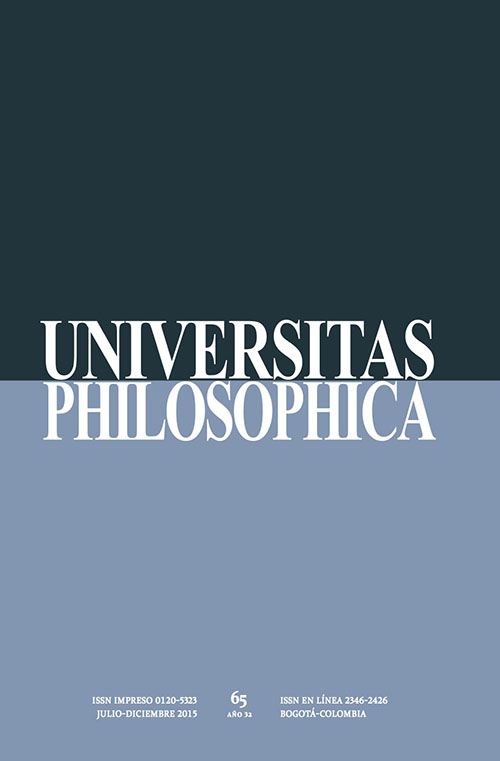Abstract
This paper seeks to answer two questions: Is Leopoldo Zea’s position on the neocolonialist system of his days outdated with regard to the situation many of us are living in Mexico and other countries in the world, subject to neocolonial domination right now; or is it possible and pro-per to consider his position as a way of criticism and even as an action proposal to the colonialist outlook nowadays? Why do we hold one position or another? To answer both questions the term ‘neocolonialism’ will be defined and positioned within a historical and theoretical framework. In addition, we will discuss some of the ways this system of domination in Latin American countries is recently manifested. Also, we will offer some of the most important insights Zea had into account when understanding, describing and explaining this situation, and some possible proposals for reflection and action into it.
This journal is registered under a Creative Commons Attribution 4.0 International Public License. Thus, this work may be reproduced, distributed, and publicly shared in digital format, as long as the names of the authors and Pontificia Universidad Javeriana are acknowledged. Others are allowed to quote, adapt, transform, auto-archive, republish, and create based on this material, for any purpose (even commercial ones), provided the authorship is duly acknowledged, a link to the original work is provided, and it is specified if changes have been made. Pontificia Universidad Javeriana does not hold the rights of published works and the authors are solely responsible for the contents of their works; they keep the moral, intellectual, privacy, and publicity rights.
Approving the intervention of the work (review, copy-editing, translation, layout) and the following outreach, are granted through an use license and not through an assignment of rights. This means the journal and Pontificia Universidad Javeriana cannot be held responsible for any ethical malpractice by the authors. As a consequence of the protection granted by the use license, the journal is not required to publish recantations or modify information already published, unless the errata stems from the editorial management process. Publishing contents in this journal does not generate royalties for contributors.


